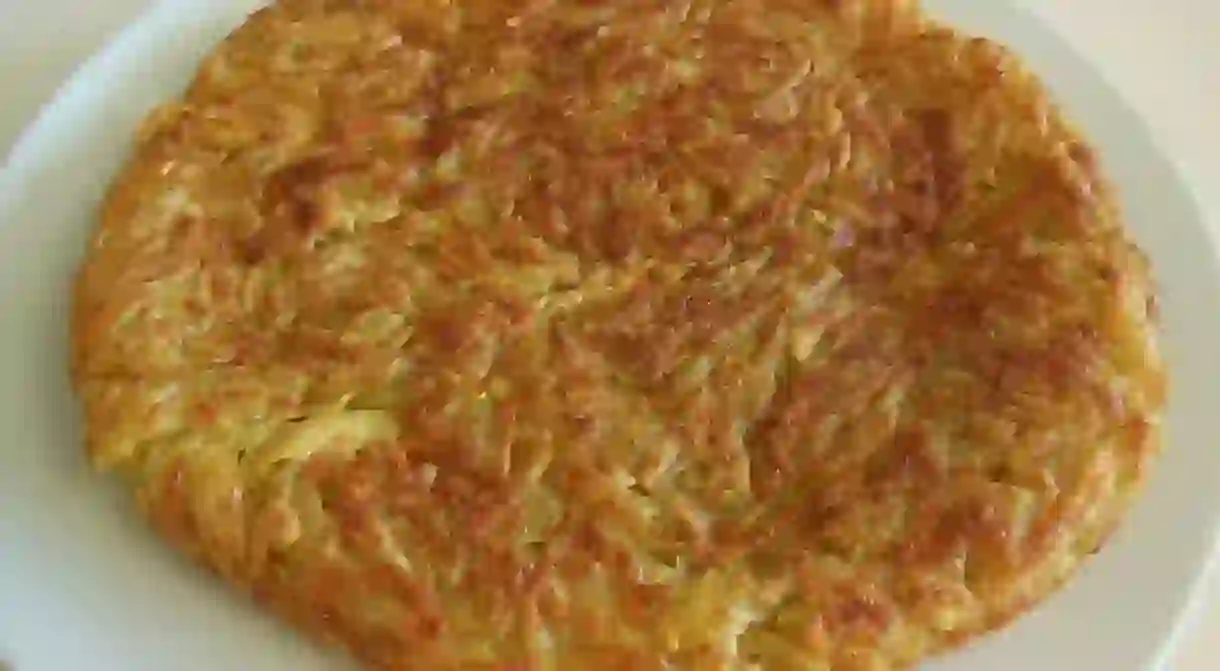Rostigraben: How this Humorous Term Divides the French and German-Speaking Swiss

Röstigraben actually divides the country of Switzerland. Which side are you on? Which side is better? And what’s it all about? Here’s a clue – it has to do with the nation’s pride when it comes to its food (of course, it’s all about the food)…
When travelling from the east to the west in Switzerland, you cross from German-speaking cantons into the French-speaking ones and to do so, you must traverse the Röstigraben (or the rideau de rösti in French). This imaginary line, translated either as the rösti ditch or rösti curtain, exists because on one side they eat a curious potato dish called, that’s right, rösti.
The dish itself consists of potatoes and, well, more potatoes, which are fried in a pan with salt and butter. If that sounds uninspiring, then you should either high-tail it to Switzerland to try it or make it for yourself. Its popularity has transformed it into something akin to a national dish, along the same lines as cheese fondue.
But this is only recently and by comparison fondue is far less divisive, both literally and figuratively. In the good old days, it was said that you could tell which part of Switzerland you were in depending on the availability of rösti, which apparently began as a hearty breakfast that Swiss-German farmers ate to fill themselves up before a long, hard working day.
In the French-speaking part of Suisse you’d be laughed into next mercredi if you ordered yourself some fried potatoes for dinner. These days, you can find it in any in almost any Swiss tourist joint.

The Röstigraben goes beyond a mere culinary preference, as it demonstrates how very different the Swiss are on each side of their country. For one, the Swiss have four national languages (French, German, Italian and Romansch) and the country is divided up into 26 cantons which, with all their unique cultural differences, may as well be different countries.

All across the country, they eat differently, celebrate differently and even speak differently. So, while the potato-laden Röstigraben points out that the French and Swiss-German speakers have a somewhat friendly dig at one another, we could well divide the entire country up into similar little lines. For instance, there is also a less well-known polentagraben which divides Ticino, the Italian part of Switzerland, and Graubünden, where they speak Romansh. Here, the real difference is that the dish of choice is corn-heavy, and light on the potatoes.
Save













